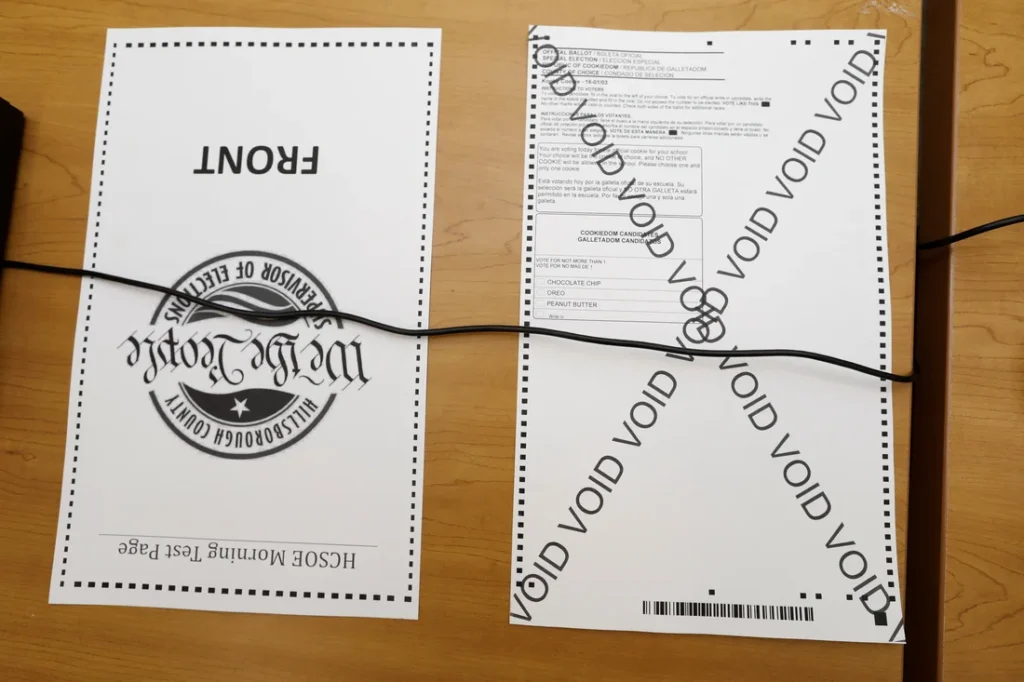The U.S. Supreme Court on Thursday reinstated a portion of Arizona’s voter law that mandates documented proof of U.S. citizenship to register to vote.
This decision follows a request from the Republican National Committee and Arizona Republicans, overturning a previous block by a federal judge in response to challenges from President Joe Biden’s administration and advocacy groups.
This ruling comes ahead of the November 5th election, where Democratic Vice President Kamala Harris is running against Republican former President Donald Trump, who continues to falsely claim that the 2020 election was stolen through fraud.
In 2022, Arizona’s Republican-controlled legislature introduced new restrictions on voter registration. The law requires those submitting a federal registration form to provide proof of U.S. citizenship to vote in presidential elections or by mail in any federal election. Applicants using the state registration form face even stricter requirements. Without proof of citizenship, these applications are entirely rejected, and officials who fail to enforce this face a minor felony charge.
The Supreme Court’s decision reestablished the restriction on the state voter registration form but upheld a lower court ruling that blocked similar restrictions on the federal form.
When then-Governor Doug Ducey signed the law in March 2022, he argued it balanced voting access with election security. “Election integrity means counting every lawful vote and prohibiting any attempt to illegally cast a vote,” Ducey said.
The Biden administration filed a lawsuit in July 2022, asserting that Arizona’s law conflicts with the 1993 National Voter Registration Act (NVRA), which requires states to register voters for federal elections based on a signed declaration of citizenship under penalty of perjury, without requiring additional proof. Another challenge argued that the law violated a 2018 settlement requiring Arizona to register voters for federal elections even if they lack documented proof of citizenship, whether they use the state or federal form.
U.S. District Judge Susan Bolton ruled in favor of the plaintiffs in September 2023, blocking Arizona from enforcing proof-of-citizenship requirements for federal-form applicants voting for president or by mail, as well as rejecting state-form applications lacking citizenship documentation. The 9th U.S. Circuit Court of Appeals upheld this ruling, leading Republicans to appeal to the Supreme Court.
Arizona’s attorney general and secretary of state, both Democrats, opposed the Republican appeal.
As a key swing state in the upcoming election, Arizona has been at the center of debates over voting rights. A controversial Republican-led review of the 2020 election found no evidence of widespread fraud affecting Biden’s narrow victory over Trump.
Arizona implemented a proof-of-citizenship requirement for new voters in 2005, but in 2013, the Supreme Court ruled that this could not apply to federal forms. As a result, Arizona has allowed those voters to participate only in federal elections. As of July 1, more than 42,000 “federal only” voters were registered in the state.
Earlier this year, the Republican-controlled U.S. House of Representatives passed a bill requiring proof of citizenship to register to vote, but it stalled in the Democratic-majority Senate.

